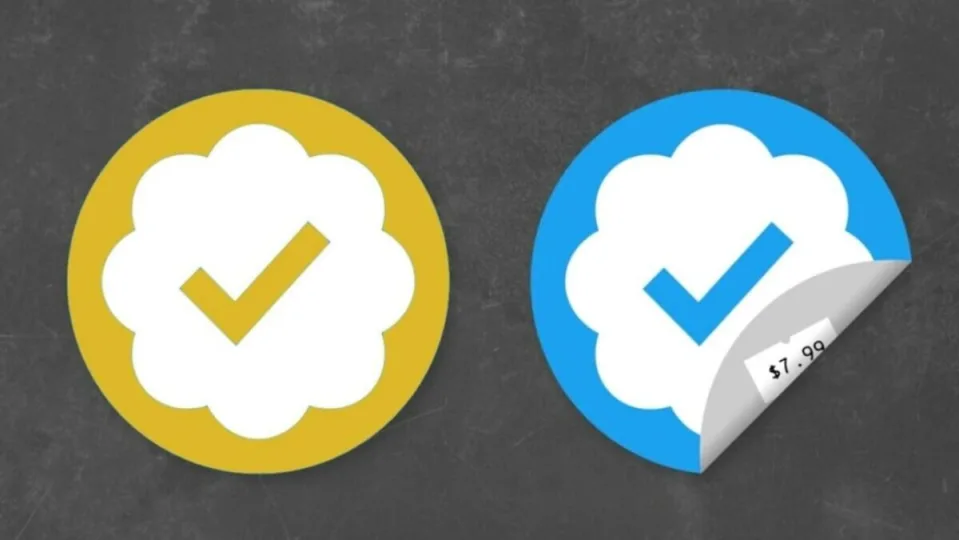I’m sure you remember the uproar in Europe due to X, the new Twitter, and the disinformation that was being spread on the social network regarding the conflict between Israel and Hamas, which is destroying Palestine and killing thousands of innocent civilians.
Europe accused Elon Musk and the company of not doing anything to stop the disinformation and fake news being published on the social network. Of course, Twitter responded, denying the allegations. Since then, it has been an ongoing back-and-forth.
Now, a few days later, a study puts X and its new verified users in a very bad position. These users now only need to pay to get the blue checkmark, instead of following a criterion of relevance, as it used to be (I was verified in those golden years).
On Twitter, the verified users are the ones spreading the lies
The vast majority of viral misinformation about the war between Israel and Hamas published on X comes from verified users, according to a recent study by NewsGuard, a for-profit organization that rates the reliability of news sites.
After analyzing the top 250 most engaging posts on X from October 7 to October 14 promoting incorrect or unverified information related to the war, NewsGuard researchers found that X’s verified accounts were responsible for 74% of them.
The 250 messages analyzed in the study promoted one of the 10 false or unsubstantiated war narratives identified by NewsGuard, including claims that CNN had staged images of its news team under attack in Israel and videos that purported to show Israeli or Palestinian children in cages.
In one week, the 250 posts collectively received 1,349,979 interactions (including likes, reposts, replies, and favorites) and were viewed over 100 million times worldwide. Of these 250 posts, 186 were posted by verified X accounts with the blue checkmark.
The problem: being able to purchase verification and influence.
In the study, NewsGuard criticizes X for offering blue verification checks to anyone willing to pay $8 a month. Before Elon Musk bought Twitter, those same blue verifications were used to reliably identify celebrities, politicians, and journalists.
In addition to the appearance of credibility that a blue badge confers on premium users, the platform gives them an algorithmic boost,” says NewsGuard. “Although the exact details of how X enhances or reduces a post’s position in users’ feeds have not been revealed, NewsGuard’s analysis suggests that the boost is significant, if not crucial, for claims to go viral.
In April, the service began removing the blue badges from verified accounts that refused to pay for premium subscriptions.
In recent weeks, Musk has promoted X as a platform for “citizen journalists” and praised its Community Notes feature for “improving the accuracy of information.”
However, NewsGuard found that only 79 out of the 250 posts were flagged for misinformation using X’s Community Notes feature. In other words, Community Notes did not correct or identify misinformation nearly 70% of the time.
NewsGuard’s findings echo an NBC News report from October 10, showing how the volunteers behind the community fact-checking feature struggled to keep up with the flood of misinformation following Hamas’ attack on Israel. This resulted in notes taking hours or even days to be approved, and some posts were never labeled.
But misinformation isn’t exclusive to X.
The avalanche of misinformation is not exclusive to X. NewsGuard states that they also identified false or unfounded information about the Israel-Hamas conflict on Facebook, Instagram, TikTok, Telegram, etc. However, the study focused on X because they have publicly reduced their moderation efforts.
NewsGuard’s research also found that disinformation about the Israel war went viral on Twitter before spreading to other platforms like TikTok and Instagram. In other words, the epicenter of the falsehood is, once again, Elon Musk’s Twitter.


